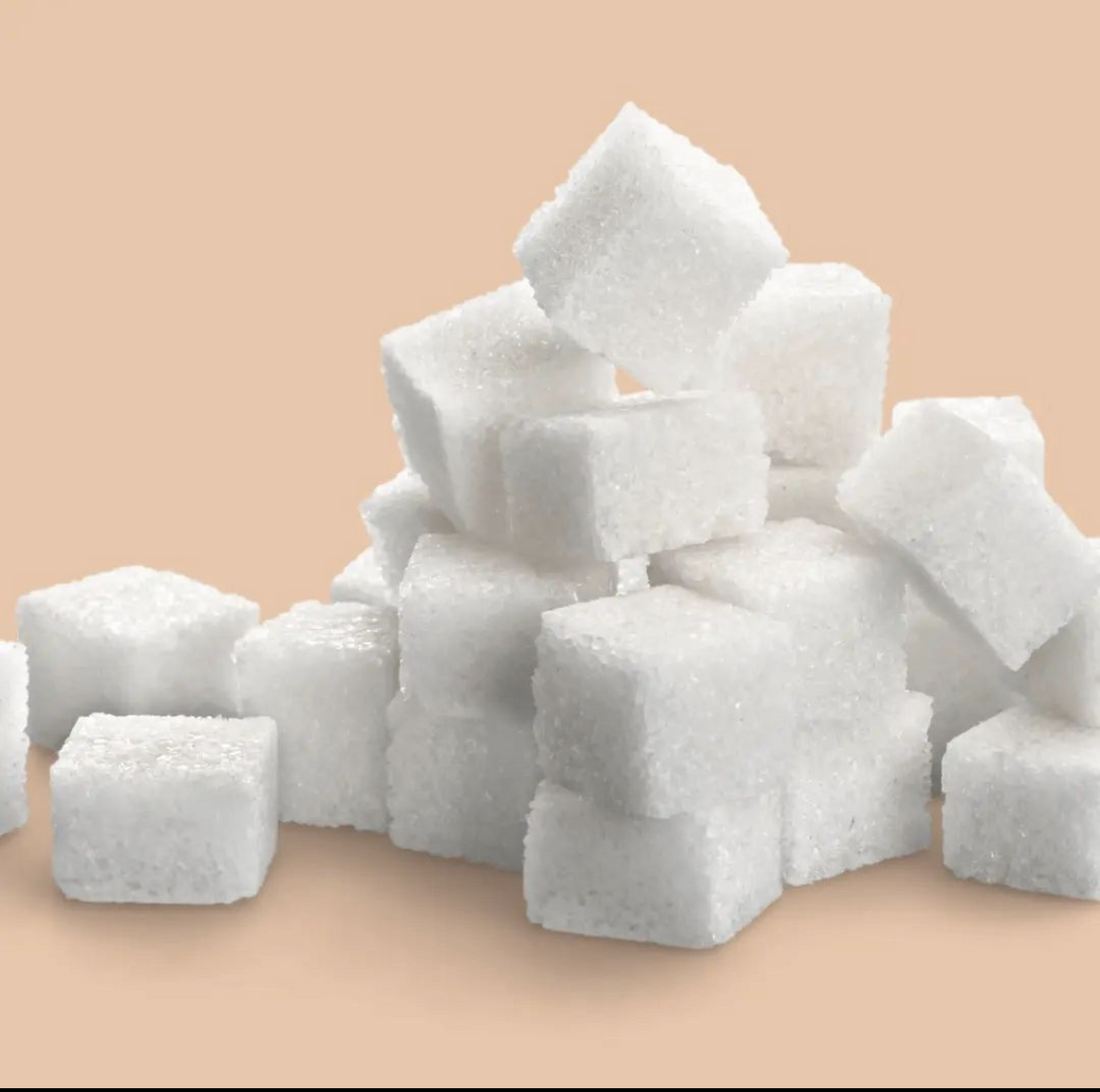
Three ways sugar affects your skin
Share
Three ways sugar may be affecting your skin
Recently I realised that the coffee that I’ve been enjoying three times a day has two and a half teaspoons of sugar in it per serving
The World Health Organisation recommends our sugar consumption should be about 25g or six teaspoons per day. So, I was exceeding this amount just with my coffee. Yikes!
No wonder I was putting on weight and really craving sweets
After reading about the effect that sugar has on our bodies, I’ve cut the sugar out of my coffee for good and stopped eating confectionery
The first three days weren’t the best but I listened to a lot of information and Youtube about sugar and its effects on the body and did a “no sugar cravings” hypnosis a few times (also on Youtube) and they really helped. Ive never been able to enjoy coffee without sugar. But all of a sudden, I can.
Did you know that on average, Australians eat 14 teaspoons of sugar a day?
The majority of these sugars come from “extra” foods and drinks.
Soft drinks, energy and sports drinks, sweetened tea and coffee as well as fruit juices, confectionery, cakes doughnuts and muffins and wine add a heap of sugar to the average Australian diet
What is the problem with too much sugar? There’s a few problems……. from cavities and lethargy, inflammation, high blood pressure, weight gain and diabetes and an increased risk of many serious diseases like cancer. And did you know that sugar can also have a negative effect on how our skin looks? A high sugar intake plays a role in the aging process, accelerating the development of wrinkles and fine lines. In addition to these effects, foods with a lot of sugar can also cause oil production and inflammation, leading to acne breakouts. Let’s take a closer look at three ways sugar effects our skin
Inflammation
Skin inflammation can show itself in many different forms. Acne, dermatitis, eczema, psoriasis and rosacea are all conditions that can be triggered by inflammation. Also inflammation can lead to dull, red. Unhealthy looking skin .
When we consume sugar, insulin is released from the pancreas to absorb the sugar and transfer it to our liver. The pancreas can only process so much sugar, so if there is too much sugar in the body, it can cause inflammation. If you already have a medical history of chronic inflammation, you may be exacerbating it by eating a diet that is high in sugar.
Inflammation is a common side effect of eating too much sugar because of the quick rise in blood sugar levels.
According to studies, eczema and other skin flare-ups are typically brought on by high blood sugar levels. White blood cells called leucocytes, which are crucial in protecting the body from sickness and infection, are suppressed by sugar while inflammation is stimulated.
There are other factors in these skin conditions. Sugar might be something to consider if you're experiencing skin issues and like a lot of sugary treats.
Sugar may accelerate aging
There is a process called glycation which plays a role in skin related wear and aging.
When refined sugar enters our bloodstream, it will sometimes attach to a protein molecule in the body.
This forms a compound called an advanced glycation end product. These make protein fibers stiff and deformed and eventually breaks down the protein.
Collagen and elastin proteins in the skin are the proteins in the body most vulnerable to these compounds. When this happens, the skin loses its elasticity and support structure, sagging occurs, and wrinkles begin to form.
Oily skin
Foods with a lot of sugar spike your blood sugar and activate hormones in the body that stimulate oil production in the skin.
Our skin naturally produces oil called sebum to help keep the skin moisturized. However, if there is too much oil on the skin, your pores can become clogged and cause acne breakouts and blackheads
Sugar dehydrates the skin, which causes the sebaceous glands to overproduce sebum in an effort to make up for the lost moisture.
Doctors and dermatologists alike recommend staying away from eating too much processed sugars. After all. Processed sugar was not available to the average person at all until the 1700s when it started to become popular. So we haven’t evolved with sugar
And now. It's all around us and in so many foods and it's so easy to have too much of it in our daily diet.
So if you're noticing your skin is not looking its best lately, you might want to consider how much sugar is in your daily diet
